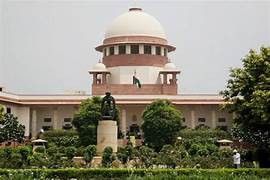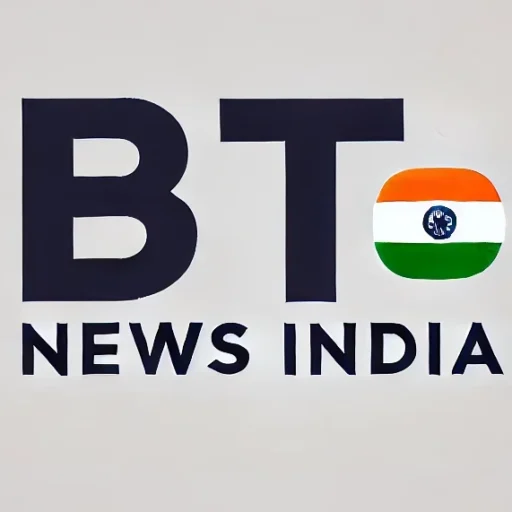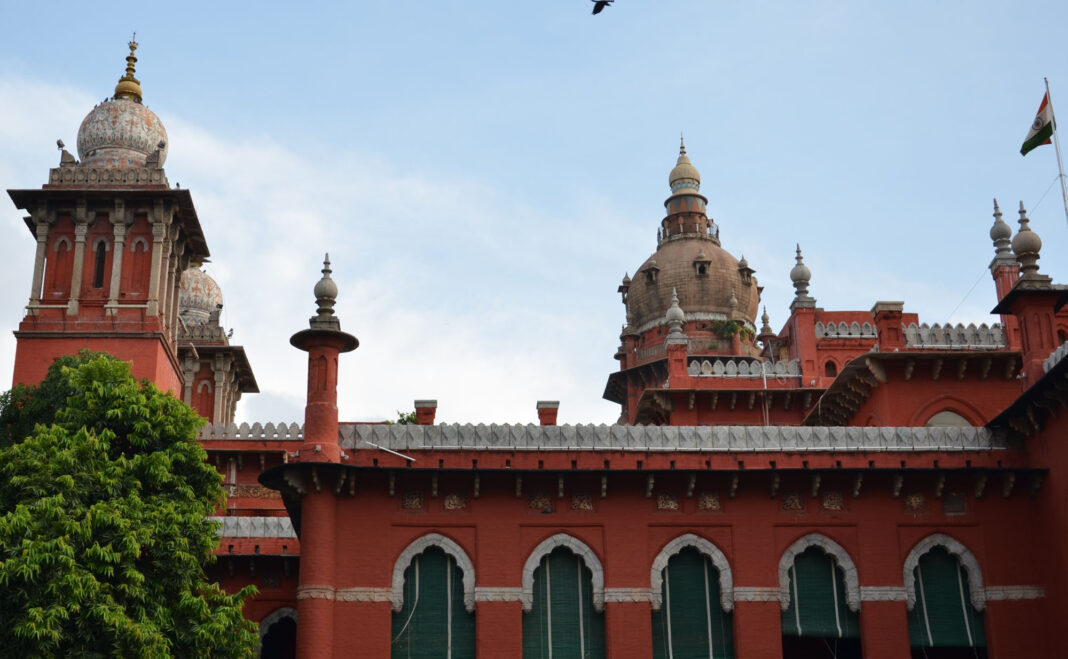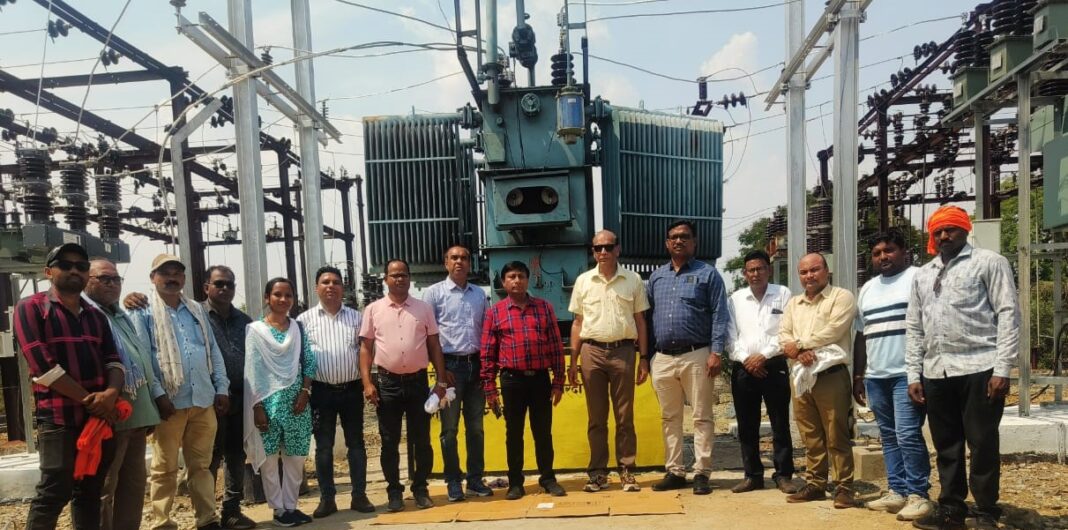HC Verdict Questions Over The Imlication Of A Recent SC Verdict
Published on: May 26, 2025
By: BTNI
Location: Chennai, India
The Madras High Court has sparked a nationwide debate with its recent order staying 10 legislative amendments passed by the Tamil Nadu government, which had shifted the power to appoint Vice-Chancellors of state-run universities from the Governor to the state government. This decision, issued on May 21, 2025, has reignited tensions between state and central authorities, raising questions about the balance of power, the role of the University Grants Commission (UGC), and the implications of a recent Supreme Court verdict. The ruling has become a focal point of discussion across India, with political, academic, and legal circles abuzz over its far-reaching consequences.

The Backstory: A Clash of Authority
The controversy stems from a series of amendments passed by the Tamil Nadu Assembly on April 11, 2025, following a Supreme Court order on April 8. The Supreme Court had reprimanded Tamil Nadu Governor R.N. Ravi for delaying assent to 12 bills, many of which concerned Vice-Chancellor appointments. The state government, led by the DMK, seized the opportunity to enact laws transferring the authority to appoint Vice-Chancellors from the Governor, who traditionally followed UGC guidelines, to the state government itself. These amendments were seen as a bold move to assert state control over higher education institutions.
However, the Madras High Court intervened when petitioner K. Venkatachalapathy, represented by Senior Advocate Dama Seshadri Naidu, challenged the amendments. The petitioner argued that the state’s laws were unconstitutional, as they conflicted with UGC Regulations, a central legislation that mandates the Chancellor (typically the Governor) appoint Vice-Chancellors from a panel recommended by a Search Committee. Naidu emphasized that under India’s constitutional framework, central laws prevail over state laws in matters on the Concurrent List, such as education.
Also read- https://www.btnewsindia.com/सुप्रीम-कोर्ट-की-वकीलों-क/ https://www.btnewsindia.com/d-u-में-राहुल-गांधी-मुश्किल-म/
On May 21, in a late-evening hearing, the Madras High Court issued an interim stay on the amendments, effectively halting the state’s attempt to take control of Vice-Chancellor appointments. The court’s decision was met with fierce opposition from the Tamil Nadu government, with Senior Advocate P. Wilson, also a DMK MP, arguing that the matter was already under consideration by the Supreme Court. Wilson highlighted that the Supreme Court had previously rejected similar arguments against the amendments and that a transfer petition to move the case to the apex court was pending.
The Legal and Political Firestorm
The Madras High Court’s order has stirred a hornet’s nest. On May 22, the court defended its decision, rejecting claims that it was “tinkering” with the Supreme Court’s April 8 verdict, which had clarified the Governor’s powers. The court asserted its right to examine the amendments’ validity, stating, “Judges can be on vacation, but courts should not be on vacation. Access to justice should always be available.” This bold stance underscored the judiciary’s role in ensuring checks and balances, but it also drew sharp criticism from the Tamil Nadu government.
The state government, determined to protect its legislative authority, announced on May 22 that it would appeal the Madras High Court’s stay in the Supreme Court. DMK leaders, including Wilson, called the high court proceedings “controversial,” alleging that a BJP-affiliated lawyer had strategically filed the petition to undermine the state’s autonomy. The Tamil Nadu government filed a transfer petition with the Supreme Court, which was mentioned before Chief Justice of India Sanjiv Khanna. The CJI directed the state to inform the Madras High Court of the pending transfer plea, adding another layer of complexity to the legal battle.
Why It Matters: A National Debate
The Madras High Court’s order has transcended Tamil Nadu, becoming a matter of national discussion due to its implications for federalism, higher education governance, and the judiciary’s role in mediating state-central conflicts. The UGC, as the central regulatory body for higher education, sets standards to ensure uniformity and quality across universities. By challenging the state’s amendments, the petitioner and the Madras High Court have brought to the forefront a critical question: Can states override central regulations in the name of autonomy?
Academics argue that the state’s move to control Vice-Chancellor appointments could lead to politicization of university leadership, potentially compromising academic integrity. “The UGC guidelines ensure a merit-based, transparent process,” said Dr. Anita Rao, a retired professor from Chennai. “If states start bypassing these norms, it could open the door to favoritism and erode the autonomy of universities.”
On the other hand, supporters of the Tamil Nadu government contend that state control is necessary to address local needs and counter what they perceive as overreach by the Governor, often seen as a central government appointee. “The Governor’s delays in approving bills were stifling governance,” said K. Murugan, a DMK supporter. “The state has every right to assert its authority over its universities.”
The controversy has also fueled political debates, with the BJP accusing the DMK of undermining central authority, while the DMK has framed the issue as a defense of federalism. Social media platforms, particularly X, are abuzz with opinions, with hashtags like #TNViceChancellor and #MadrasHC trending as users debate the merits of the court’s decision.
The Road Ahead
As the Tamil Nadu government prepares to challenge the Madras High Court’s order in the Supreme Court, the nation watches closely. The apex court’s ruling could set a precedent for how state and central powers are balanced in the governance of higher education. If the Supreme Court upholds the Madras High Court’s stay, it could reinforce the primacy of UGC regulations, potentially limiting state autonomy.
Conversely, a ruling in favor of Tamil Nadu could embolden other states to assert greater control over their universities, reshaping India’s higher education landscape.
For now, the Madras High Court’s order has paused the Tamil Nadu government’s ambitions, but the legal and political saga is far from over. As the Supreme Court prepares to hear the case, the nation awaits a verdict that could redefine the boundaries of power in India’s federal structure.




